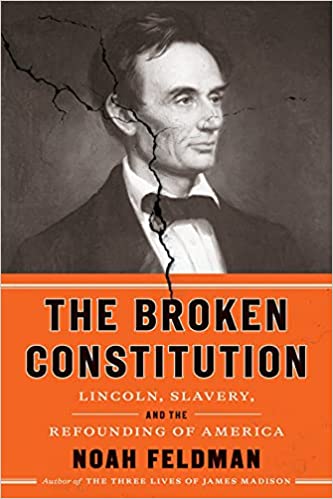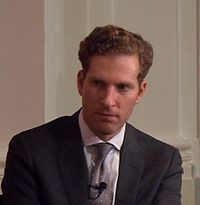
A New York Times Book Review Editors' Choice An innovative account of Abraham Lincoln, constitutional thinker and doer Abraham Lincoln is justly revered for his brilliance, compassion, humor, and rededication of the United States to achieving liberty and justice for all. He led the nation into a bloody civil war to uphold the system of government established by the US Constitution—a system he regarded as the "last best hope of mankind." But how did Lincoln understand the Constitution? In this groundbreaking study, Noah Feldman argues that Lincoln deliberately and recurrently violated the United States' founding arrangements. When he came to power, it was widely believed that the federal government could not use armed force to prevent a state from seceding. It was also assumed that basic civil liberties could be suspended in a rebellion by Congress but not by the president, and that the federal government had no authority over slavery in states where it existed. As president, Lincoln broke decisively with all these precedents, and effectively rewrote the Constitution's place in the American system. Before the Civil War, the Constitution was best understood as a compromise pact—a rough and ready deal between states that allowed the Union to form and function. After Lincoln, the Constitution came to be seen as a sacred text—a transcendent statement of the nation's highest ideals. The Broken Constitution is the first book to tell the story of how Lincoln broke the Constitution in order to remake it. To do so, it offers a riveting narrative of his constitutional choices and how he made them—and places Lincoln in the rich context of thinking of the time, from African American abolitionists to Lincoln's Republican rivals and Secessionist ideologues. Includes 8 Pages of Black-and-White Illustrations
Author

Noah Feldman is an American author and professor of law at Harvard Law School. Feldman grew up in Boston, Massachusetts, where he attended the Maimonides School. He graduated from Harvard College in 1992, ranked first in the College, and earned a Rhodes Scholarship to Oxford University, where he earned a D.Phil in Islamic Thought in 1994. Upon his return from Oxford, he received his J.D., in 1997, from Yale Law School, where he was the book review editor of the Yale Law Journal. He later served as a law clerk for Associate Justice David Souter on the U.S. Supreme Court. In 2001, he joined the faculty of New York University Law School (NYU), leaving for Harvard in 2007. In 2008, he was appointed the Bemis Professor of International Law. He worked as an advisor in the early days of the Coalition Provisional Authority in Iraq following the 2003 invasion of the country. He regularly contributes features and opinion pieces to The New York Times Magazine and is a senior adjunct fellow at the Council on Foreign Relations.